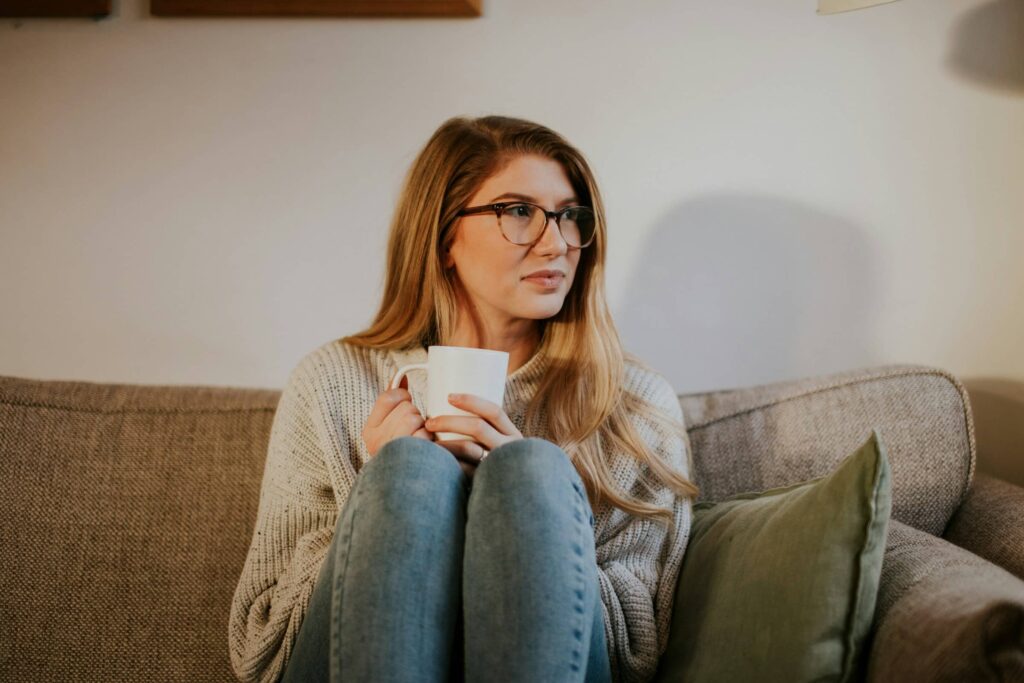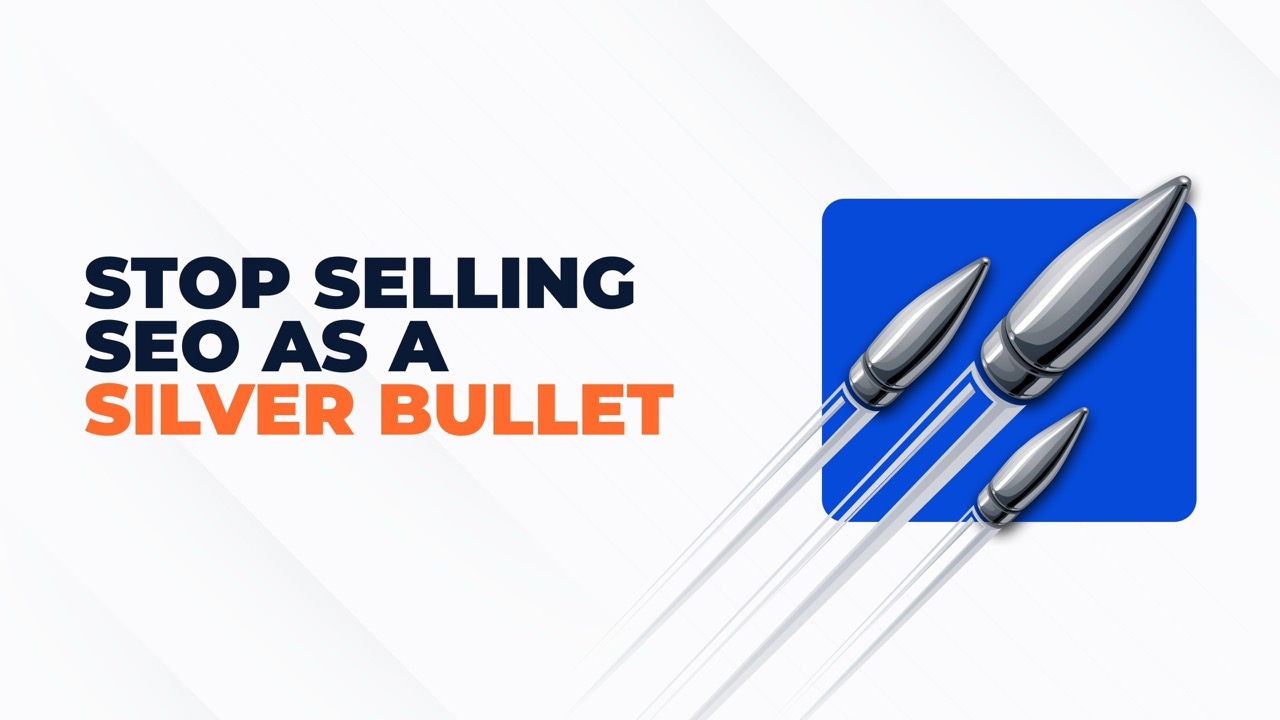10 Small Lies We Tell Ourselves That Keep Us Cluttered
What if peace begins with honesty? There’s a quiet weight we carry. Not just in our homes, but in our minds. It doesn’t always show up in loud or dramatic ways—at least not at first. Sometimes, it whispers. It...


What if peace begins with honesty?
There’s a quiet weight we carry. Not just in our homes, but in our minds. It doesn’t always show up in loud or dramatic ways—at least not at first. Sometimes, it whispers.
It speaks in little justifications, tiny excuses, stories we tell ourselves to explain why we keep more than we need, do more than we want, and hold onto more than is healthy.
These stories feel safe. But over time, they accumulate into clutter: physical, emotional, mental.
If we want to live more simply, we have to tell ourselves the truth.
Here are ten small lies that often get in the way—and a more honest voice we might try believing instead.
1. “I might need this someday.”
This lie clings hardest when we’re decluttering. It sounds cautious, even smart. But in truth, it’s rooted in fear—fear of change, fear of lack, fear of regret.
The cost? We give up space and peace today for the possibility of usefulness tomorrow.
Instead, try: “If I haven’t used it in a year, I probably won’t. And if I ever truly need it again, I’ll find a way.”
2. “This was expensive, so I should keep it.”
We confuse price with value. Just because something cost money doesn’t mean it’s worth keeping—especially if it no longer fits, serves, or inspires.
Keeping it won’t get our money back. But it might keep us stuck in guilt.
Instead, try: “The money is already gone. Let the item go too.”
3. “I don’t have time to deal with this right now.”
Clutter thrives in procrastination. Whether it’s a messy drawer or an overdue conversation, avoidance tends to create more stress—not less.
Waiting rarely makes the task easier. But it often makes the weight heavier.
Instead, try: “Ten focused minutes now is better than weeks of frustration later.”
4. “I just need more storage.”
No. We need less stuff.
We live in a culture that sells organization as the solution to overaccumulation. But the answer isn’t prettier bins. It’s fewer things to store.
Instead, try: “If I need to keep buying containers, maybe I’m keeping too much.”
5. “I can’t get rid of this—it was a gift.”
This one’s tricky because it feels tied to love. But love isn’t measured by objects we keep out of obligation.
Letting go of a gift doesn’t dishonor the giver. It honors the season you’re in now.
Instead, try: “The gift served its purpose. I’m allowed to move on.”
6. “I’ll fix it eventually.”
There’s a difference between being resourceful and being in denial.
If something has sat broken for months—or years—it’s worth asking if you really need it at all. Or if the real reason it’s still there is because you haven’t faced the truth.
Instead, try: “If it mattered that much, I would’ve fixed it by now.”
7. “I can’t let go of this memory.”
We all have sentimental items. But memory doesn’t live in the object. It lives in us.
We can honor the past without being burdened by it.
Instead, try: “Letting go of the item doesn’t mean forgetting the meaning.”
8. “I have to say yes.”
Clutter isn’t only in closets. It creeps into calendars too.
When we agree to things out of guilt or fear of disappointing others, we trade our time for their comfort. And often, we sacrifice peace in the process.
Instead, try: “Every yes is a no to something else. I’ll choose wisely.”
9. “Once I get through this season, life will calm down.”
There’s always another season. Another project. Another full week.
Peace doesn’t arrive when the chaos ends. It begins when we decide to slow down anyway.
Instead, try: “Calm is not a future reward—it’s a present decision.”
10. “This is just how life is.”
This is perhaps the most dangerous lie of all.
It tells us nothing can change. That we’re stuck with the clutter, the noise, the stress. That this version of life is permanent.
We can live lighter. Slower. More intentionally. It starts with questioning the stories we’ve been told—and the ones we’ve told ourselves.
Instead, try: “I’m allowed to want something different. And I’m capable of creating it.”
Living with less isn’t just about clearing space. It’s about clearing the fog.
It’s about seeing your life more clearly—free from the weight of untrue stories, unnecessary possessions, and unmet expectations.
You don’t need to change everything at once. You just need to start telling yourself the truth, one small sentence at a time.

 Hollif
Hollif 
































